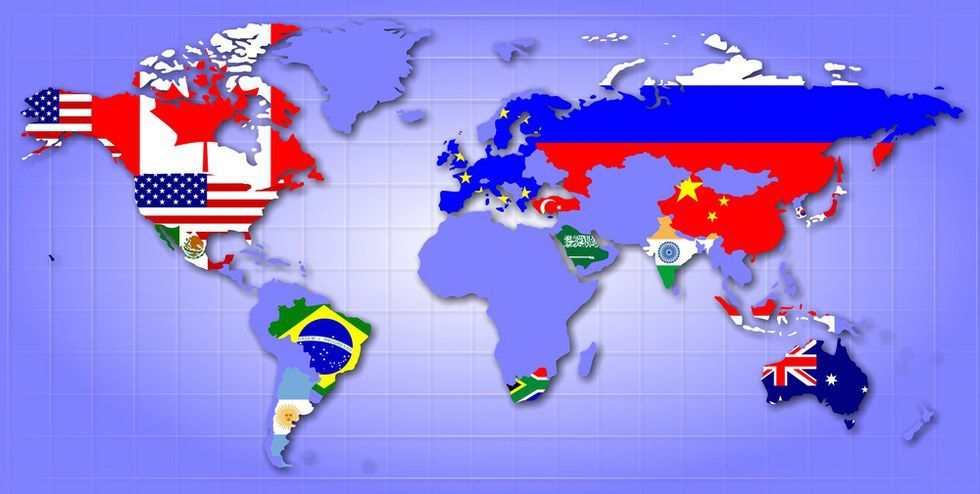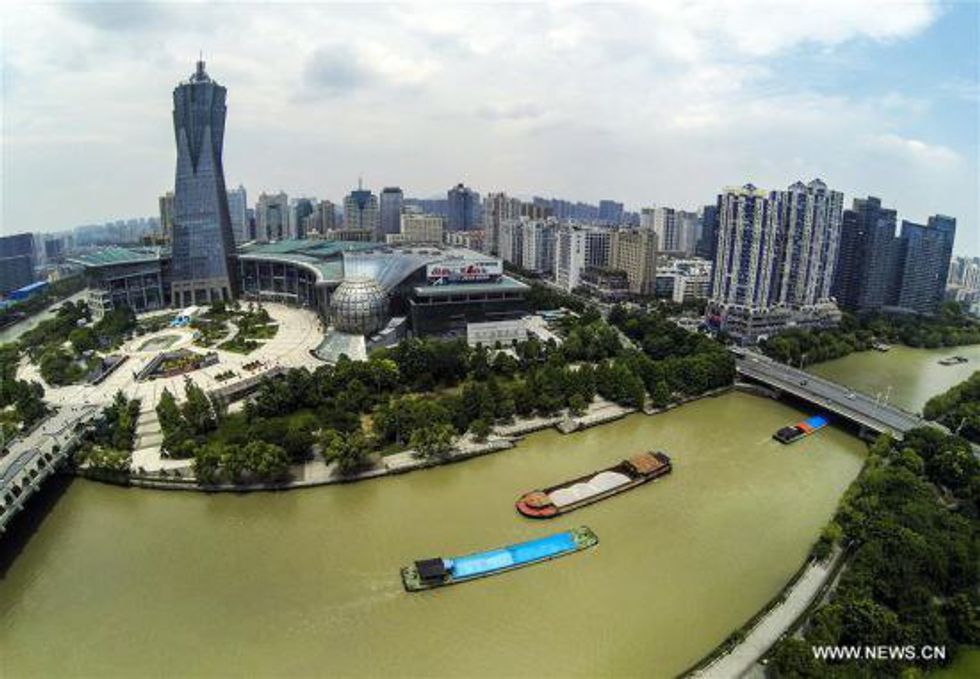From the ashes of G7/G8 and the fire of the 2008 financial crisis arose the G20 forum (also known as the “Group of Twenty”), which promised a dramatic transformation of the summit by including emerging nations along with advanced powers. There’s optimism that the G20 will see the challenges and foundational flaws of the forum remedied. However, like a phoenix, the G20 may prove to be an exact copy of its previous incarnation.
The annual G20 summit on September 4-5 is being hosted in Hangzhou, China, a location that tells much about the changing dynamic of international politics—more on that later. As usual, the global economy is in turmoil due to local fiascos rippling into international disasters; it’s up to the G20 to coordinate policies for correcting the current issues. That issue this year is Brexit. The triumph of the leave vote came as a shock to the International Monetary Fund (IMF), which wound up lowering the prediction for global growth in 2017 from 3.5% to 3.4%. This decrease in confidence was added in spite of a good euro area performance and growth in Russia’s and Brazil’s markets.
The ripples of Brexit are still being felt throughout the world. Brexit has not only hurt the European Union through the generation of business uncertainty, but it has also weakened growth prospects for other advanced economies such as Japan’s. The IMF also warned that “political divisions within advanced economies may hamper efforts to tackle long-standing structural challenges and the refugee problem” and that “a shift toward protectionist policies is a distinct threat.” Brexit represents the growing strength of anti-globalization movements across Europe and North America as populist leaders promise greater protection against the consequences of global trade.
Image linked from: news.markets
The emerging members of G20 haven’t had such qualms about globalization, given that “over the past 15 years globalisation has helped lift millions out of extreme poverty, particularly in Asia.” It remains within the interest of those emerging nations to coordinate a decisive course of action for the G20 forum, so that anti-globalization movements don’t threaten their fragile development. Although rising powers like Brazil and India are members of the G20, most expectations for a dramatic change in the status quo center around China.
China’s self-described agenda for the G20 summit is ambitious to say the least. Its foreign minister, Wang Yi, has listed ten goals that include “setting out guiding principles for global investment to creating a new global framework for anti-corruption, supporting industrialization in Africa, and promoting the early entry into force of the Paris Agreement on climate change.” China intends to reform the globalized economy, and it has precedents to back its ambitious goals. Chinese president Xi Jinping chose to host the G20 summit in Hangzhou, exactly because to him it “provides a model for national and global development in the information age.”
Image linked from: ui.sina.com
Still, even with the inclusion of these emerging powers, the G20 may fail to achieve its mission of sustaining global demand and countering anti-globalization. Lack of coordination in tangible policy implementation is the chief reason why. The members of the forum have struggled to agree upon what sort of macroeconomic tools (monetary policy, fiscal policy, structural reforms, etc.) to utilize. Geopolitics only complicate the discussions, since each power feels obligated to put their people’s interests before the international community’s. As a result, the past G20 summits have been dictated more by “deepening regional rivalries, clashing territorial ambitions, and (particularly in China and Russia) the fanning of nationalist sentiments” than by actual discourse on globalization.
It’s easy to be skeptical of the G20 and its ability to take decisive action on the challenges facing the global economy. However, the great powers aren’t inherently doomed to overlook the state of globalization for their petty politics—everyone involved has a high stake in the continuing growth of international trade. This fact rings especially true for the two biggest players—the United States and China. Precedents in climate change and financial stability have shown that “prior agreement between the United States and China is increasingly a precondition for major breakthroughs in international cooperation.” If there’s any duo that can decisively reform the global economy, it’s the two superpower rivals of the modern era.























